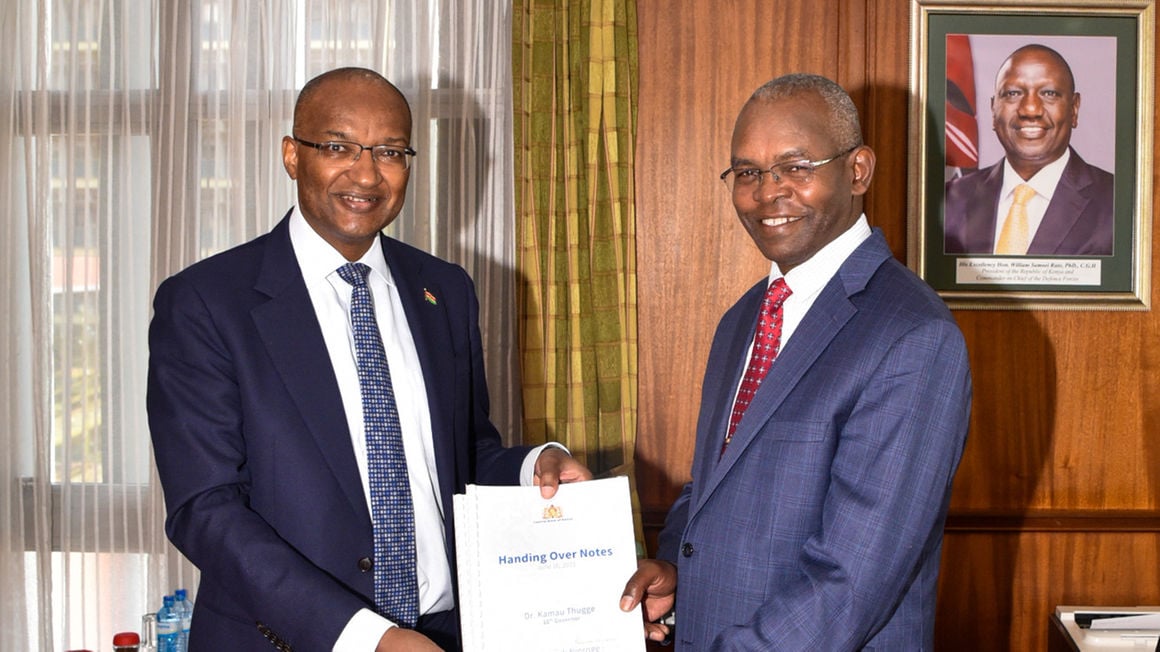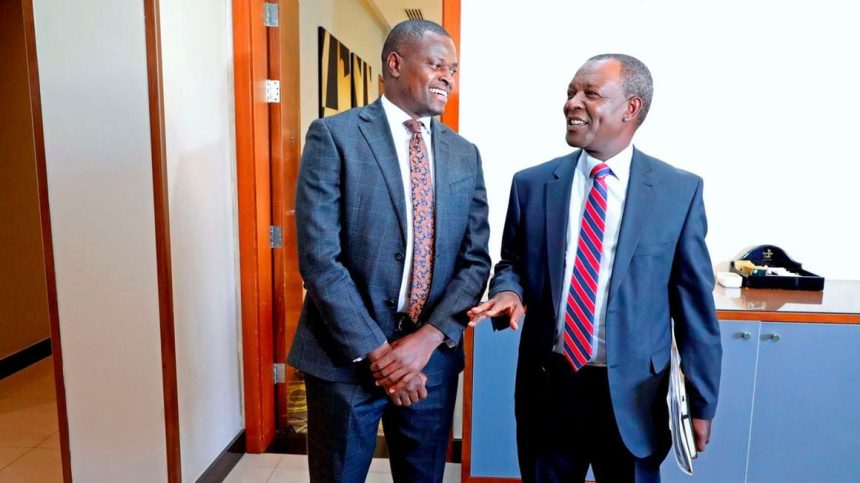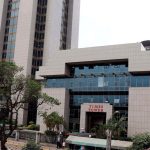The Treasury has increased the Consolidated Fund Services (CFS) budget for the financial year 2023/24 by Sh178.5 billion, pushing it above the Sh2 trillion mark for the first time.
Debt repayment is the main expenditure item under the CFS, which is also used to pay for pensions and some salaries for constitutional offices. The CFS payments are mandatory and cannot be changed in any given year without major legal reforms.
The increase is contained in the second Supplementary Budget for the financial year 2022/23 that was tabled on the floor of the National Assembly last week by Budget and Appropriations Committee chairperson, Ndindi Nyoro, just a day before Treasury Cabinet Secretary Njuguna Ndung’u tabled the budget before the House.
The Treasury notes that the second supplementary budget has been necessitated by the prevailing macroeconomic environment in which the tax revenue outturn has fallen below target and the government has struggled to mobilise revenue from the domestic market before the issuance of the seven-year infrastructure bond which attracted bids worth Sh220.5 billion against the Sh60 billion offered.

“We have had to do this because of the developments that have occurred. Remember in June last year when the Parliament passed the budget, we were talking about Sh3.4 trillion and revenues of around Sh2.5 trillion. Sources of funding for this budget had to come from taxes and also from borrowing. We have had challenges on those two fronts. The domestic financing conditions have been very tight,” Treasury Principal Secretary Chris Kiptoo told Business Daily.
The increase has also bumped up the budget for the financial year between July 2023 and June 2024 from the reported Sh3.68 trillion to Sh3.86 trillion.
The CFS is provided for in Article 206 of the Constitution and receives all funds raised or received by or on behalf of the national government.
The increase of Sh178.5 billion in the CFS allocation has principally been driven by debt redemptions with the allocation for 2023/24 now revised upward from the previous Sh850.1 billion to Sh1.02 trillion while the budget for interest payments has been revised upward by Sh4.6 billion to Sh779.7 billion.
“We have done well on the external front. We were able to get money through a syndicated loan; we were also able to get money from the World Bank through the Development Policy Operation which just came recently and the IMF.”



